
News & Analysis
Credibility Is the New Currency. And that’s Good for Independent Media
Communications lecturer and former Columbus Dispatch business journalist James Breiner on how credibility works to the advantage of independent media.

Communications lecturer and former Columbus Dispatch business journalist James Breiner on how credibility works to the advantage of independent media.

Won’t you join Professor Stiglitz in supporting our work? Our job is providing truth-telling journalists with the training, strategies, and networks that hold the powerful accountable and give voice to those who otherwise have none. Your support today can help GIJN meet the tremendous demand for these capacity-building efforts in the months to come.
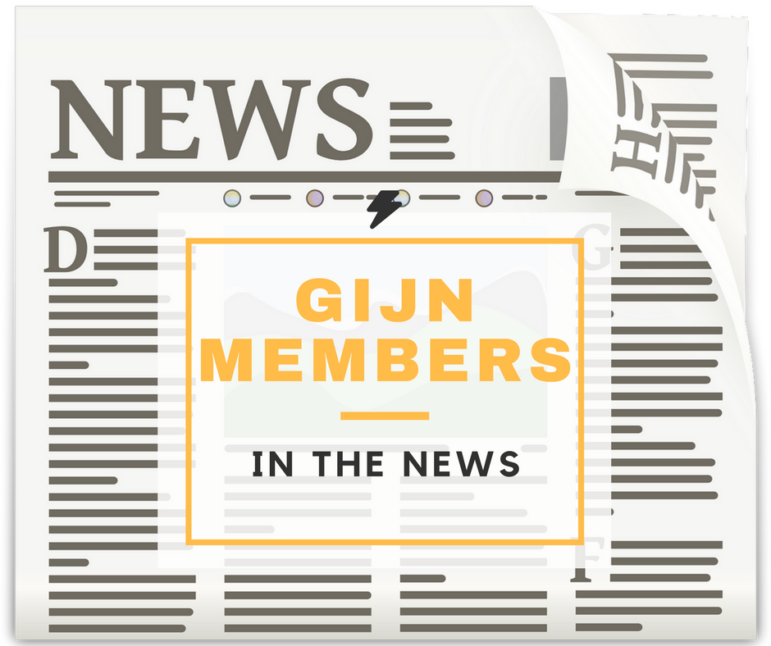
It’s been a busy first quarter of 2017 for GIJN members — from picking up Pulitzer Prizes to launching crowdfunding campaigns. There have also been new projects and new collaborations forged. Here are some noteworthy splashes made by GIJN members around the world.
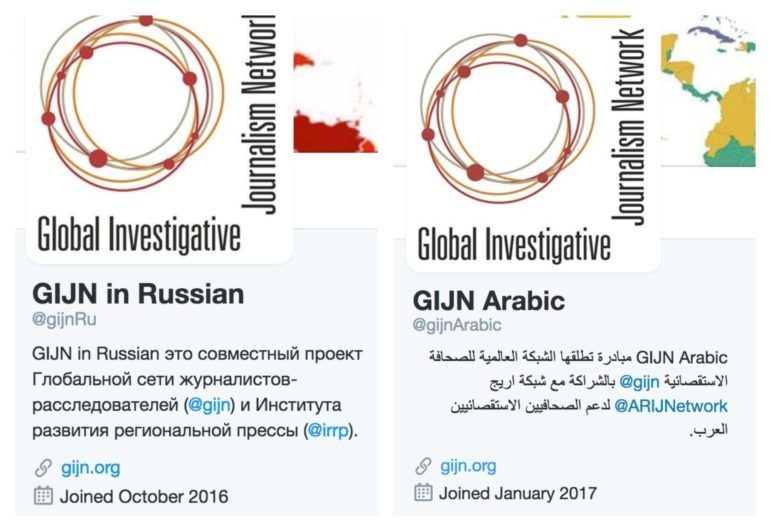
We’re delighted to announce that GIJN has launched two new initiatives with our members: GIJN in Russian, in partnership with the Regional Press Development Institute (RPDI); and GIJN Arabic, in partnership with Arab Reporters for Investigative Journalism (ARIJ). We’ll be sharing the best investigative tips & tools, groundbreaking stories, grants & fellowships, data sets and more.
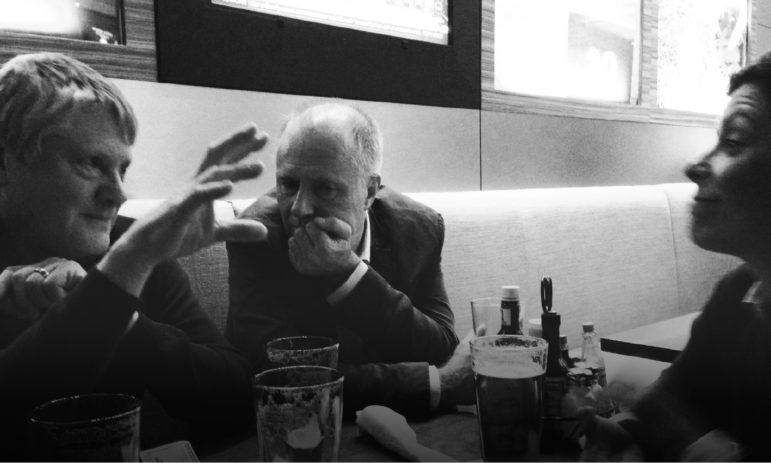
As we gather for the second Asian Investigative Journalism Conference, this seems a good time to share again with our colleagues where the Global Investigative Journalism Network and its conferences come from. It was a simple idea at the end of the 20th century — to gather the world’s investigative journalists to share their knowledge with each other — that gave birth to GIJN, which has now grown to 138 member organizations in 62 countries.
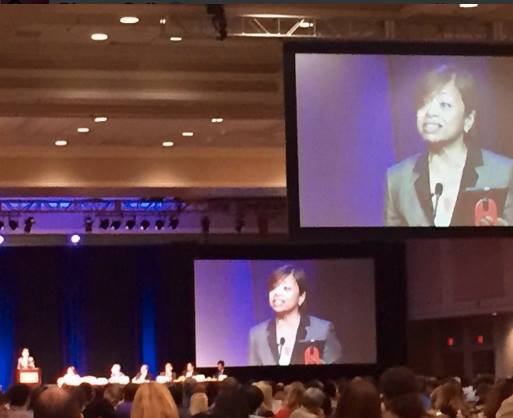
Ten years ago, when I first moved to New York and gave my first lecture at the Columbia Journalism School, I told students that I believe we are at the dawn of a Golden Age of global muckraking. They were a great class, but they didn’t believe me. But look at where we are now.
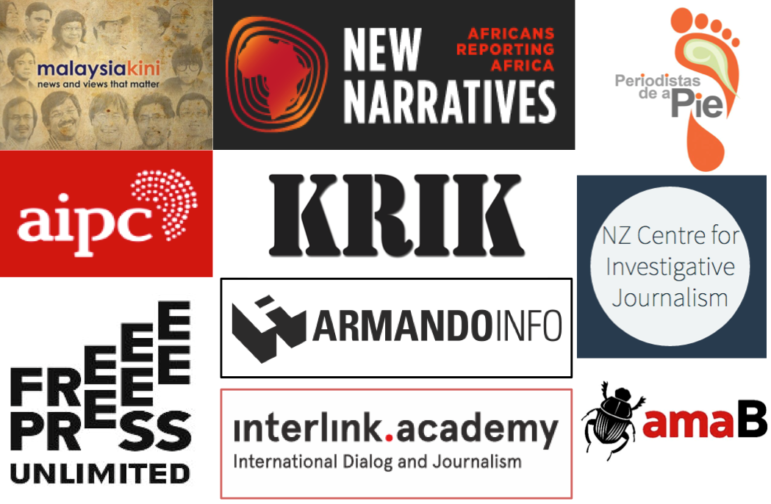
The Global Investigative Journalism Network is delighted to welcome to 10 new member organizations. We are particularly pleased to welcome for the first time groups from Ghana, Venezuela, Malaysia, Liberia, and New Zealand. Among the new members are award-winning reporting centers in Serbia and South Africa, online publishers in Malaysia and Venezuela, an African cross-border reporting network, and training groups based in Liberia, Germany, Mexico, and the Netherlands.
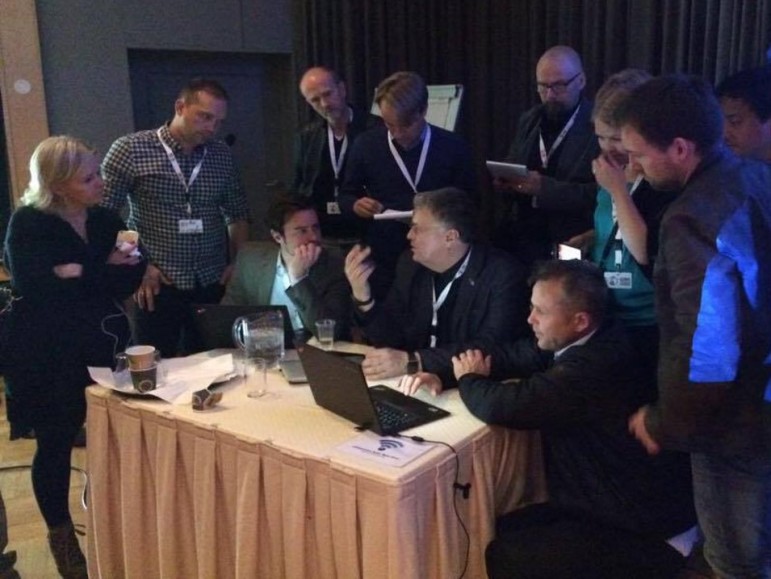
Journalism is under threat. Investigative reporting, in particular, is under attack as never before, and we need your help. For 15 years, the Global Investigative Journalism Network has trained and supported the world’s most determined reporters as they’ve dug into corruption and abuses of power. We’ve helped bring watchdog reporting to the far corners of the Earth, and today investigative journalists are in more countries doing tougher reporting than we ever imagined.

Cross-border cooperation was the big takeaway from a three-day meeting of investigative journalists from 17 countries in San Juan, Puerto Rico, November 4-6. Billed as “The First Caribbean Meeting of Investigative Journalists: Tracking the Stories that Connect Us,” one aim was to create a counterweight to the power of organized crime by cooperating across borders, according to Carla Minet of the Center of Investigative Journalism of Puerto Rico.
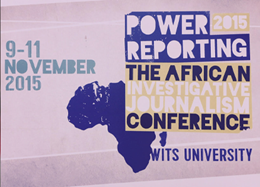
Global Investigative Journalism Network members have voted to hold the next Global Investigative Journalism Conference for the first time in Africa. GIJN’s member groups also voted to re-elect the current seven board members who were up for election this year. The conference will be held in Johannesburg in 2017, hosted by the Investigative Journalism Workshop, a GIJN member based at the University of the Witwatersrand and the sponsor of Africa’s annual investigative reporting conference, Power Reporting.